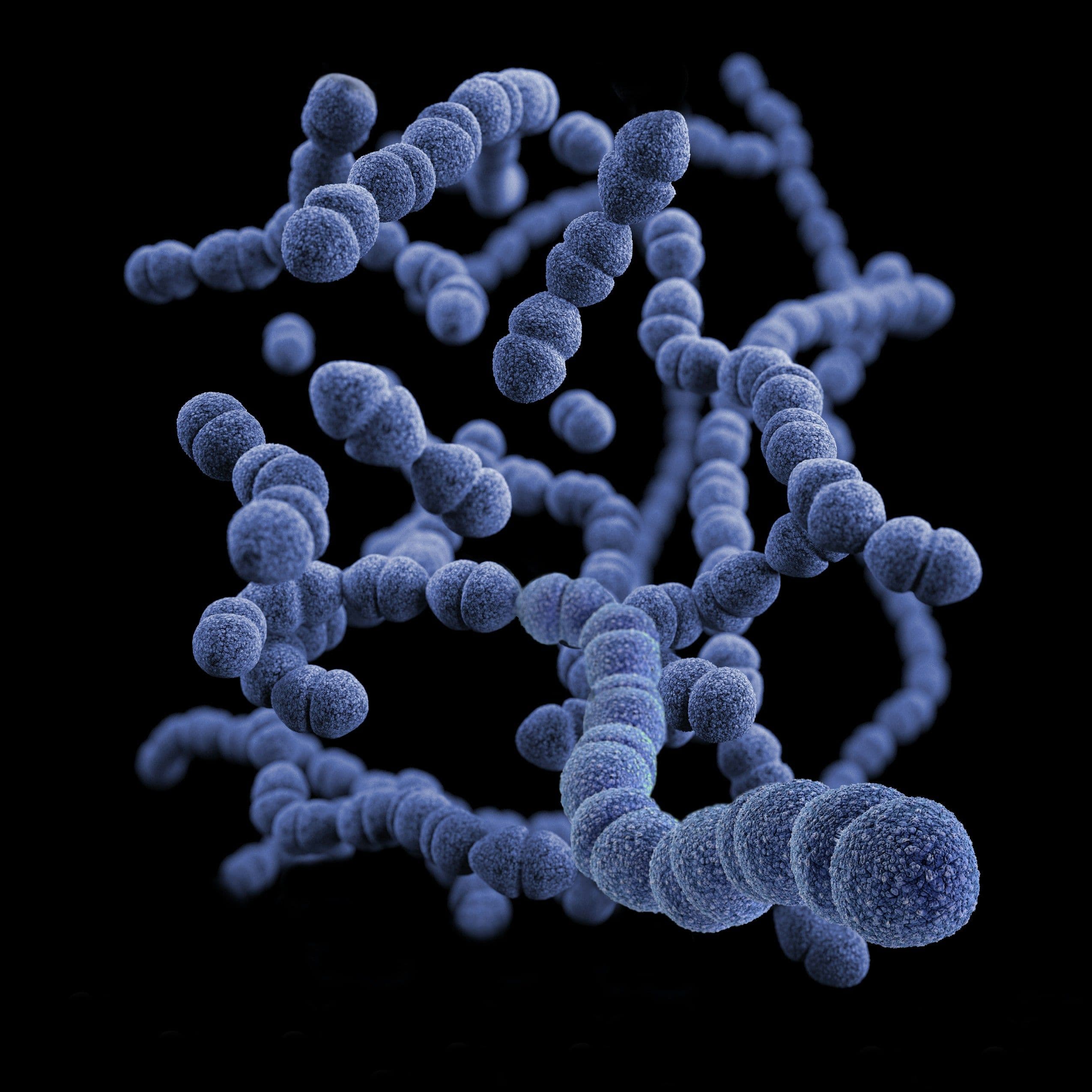The Role of Gut Bacteria in Your Health: Insights and Recommendations

Article written by Dr. Dinakara Shetty, Houston Primary Care, Medical Director, Southeast Medical Group
Gut bacteria, also known as the gut microbiota, play a crucial role in our overall health. These microscopic organisms, numbering in the trillions, reside in our digestive system and influence various aspects of our well-being, from digestion and immunity to mental health and chronic disease risk. In this article, we'll explore what gut bacteria are, how they impact you, and recommendations for maintaining a healthy gut microbiome.
What Are Gut Bacteria? Gut bacteria are a diverse community of microorganisms, including bacteria, viruses, fungi, and other microscopic life forms, that inhabit our gastrointestinal tract. Each individual's gut microbiota is unique, shaped by factors such as genetics, diet, age, and environment. These microbes coexist with us in a symbiotic relationship, performing essential functions that our bodies cannot do on their own.
How Do Gut Bacteria Impact Your Health?
Digestion and Nutrient Absorption: Gut bacteria help break down complex carbohydrates, fibers, and proteins, aiding in the digestion process and enhancing nutrient absorption.
Immune System Regulation: A healthy gut microbiota is vital for a well-functioning immune system. It helps protect against harmful pathogens and trains the immune system to distinguish between friend and foe.
Mental Health: Emerging research suggests a strong link between gut health and mental health, often referred to as the gut-brain axis. Certain gut bacteria produce neurotransmitters like serotonin and dopamine, which influence mood and cognitive function.
Chronic Disease Prevention: Imbalances in gut bacteria have been associated with various chronic diseases, including obesity, diabetes, cardiovascular disease, and certain cancers.
Recommendations for Maintaining a Healthy Gut Microbiome
Diversify Your Diet: Eating a wide variety of foods, especially fruits, vegetables, and whole grains, can promote a diverse gut microbiota.
Include Probiotic and Prebiotic Foods: Probiotics are live beneficial bacteria found in fermented foods like yogurt, kefir, and sauerkraut. Prebiotics are non-digestible fibers that feed these good bacteria, found in foods like garlic, onions, bananas, and asparagus.
Limit Antibiotics: While sometimes necessary, antibiotics can disrupt the balance of gut bacteria. Use them only when prescribed by a healthcare professional and follow the recommended course.
Stay Hydrated: Drinking plenty of water is beneficial for gut health, as it helps maintain the mucosal lining of the intestines and promotes the growth of beneficial bacteria.
Manage Stress: Chronic stress can negatively impact gut health. Engage in stress-reducing activities like exercise, meditation, or deep breathing exercises.
Get Enough Sleep: Adequate sleep is essential for maintaining a healthy gut microbiome. Aim for 7-9 hours of quality sleep each night.
The importance of gut bacteria in our health cannot be overstated. By understanding the role these microorganisms play and following recommendations to support a healthy gut microbiome, we can enhance our overall well-being and reduce the risk of chronic diseases. If you have specific health concerns or dietary restrictions, consult with a healthcare professional for personalized advice.
Dr. Dinakara Shetty, Houston Primary Care
Medical Director, Southeast Medical Group


